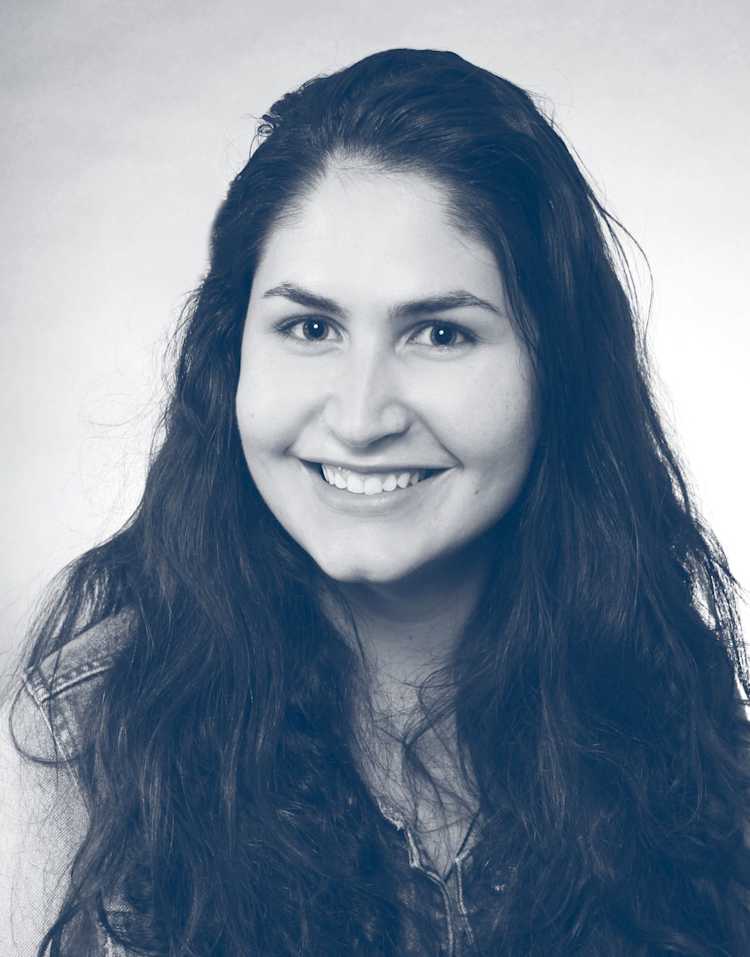Spotlight on... | 24/09/2024
"Spotlight on..." ECPR General Conference Participation
From 12 to 15 August, several of our researchers presented their latest research findings at the General Conference of the European Consortium of Political Research (ECPR) at the University College Dublin. Learn more about the experience at ECPR from our Doctoral Researcher Jayane Maia and Research Fellow Martin Acheampong below.
What panels did you actively participate in at the conference and in which role?
Jayane: I presented my doctoral research on subnational party systems in the panel ‘Decentralization, Elections and Subnational Politics’, and I was also the discussant in the panel ‘Presidential Regimes in Contemporary Latin America’ chaired Mariana Llanos.
Martin: I presented two papers at the confer-ence. The first, co-authored with my GIGA colleagues from the DFG Person-alization project, was presented in the panel “Global Crises and Intra-Executive Dynamics.” The second, a single-authored paper, was presented in the panel titled “Quitting Parliament? Legislative Career Patterns in Perspective”.
What did and didn’t you like about the conference?
Martin: I particularly appreciated the rich diversity of the panels and the opportunity to engage with leading experts in the field. Overall, I found the discussions to be intellectually stimulating. However, some panels were scheduled too closely, leaving little time for in-depth discussions, which made it challenging to fully explore some of the interesting ideas presented.
What did you take away and how will it help with your research going forward?
Jayane: The ECPR General Conference this year was the last conference I attended before finishing my doctorate. Knowing this, I organized myself to present an overview of my thesis, focusing on the comparative part of the two cases I work with, namely Argentina and Brazil. I received very good feedback from the discussant and excellent suggestions from colleagues also presenting in the panel. What I took away from my participation was that, despite having to improve some things in the research, I felt more confident that I am on the right track to finish my doctoral thesis.
Martin: For me, the panels I attended high-lighted key trends in legislative studies, in particular, that will significantly shape my approach to data collection and analysis. I was particularly inspired by innovative approaches being applied in similar research projects. Additionally, I gained a deeper understanding of how to position my research within broader theoretical frameworks, which, I think, will enhance the overall impact of my research.
How did the networking go, could you make or follow up on any valuable connections?
Jayane: I believe that one of the most important things about attending conferences is meeting new people and networking with people from your field of study. It was my first time at the ECPR General Conference, and I really think the event is an environment for exchanging ideas. As well as networking with researchers who study topics related to mine, I had the opportunity to meet up with colleagues from the GIGA and deepen our relationship, which sometimes can be difficult when you are on the hustle and bustle of everyday life. During a coffee break at the conference, a GIGA colleague and I noticed common ground in our research and even thought about a collaborative project for the future.
Contact

GIGA Doctoral Programme
The GIGA has a long tradition of integrating young scholars into its research matrix. This culminated in the establishment of the GIGA Doctoral Programme, which seeks to provide a platform for both German and international early-career academics. Herewith they can pursue continued professional development and their own research, particularly in the field of Comparative Area Studies.
Doctoral Programme
